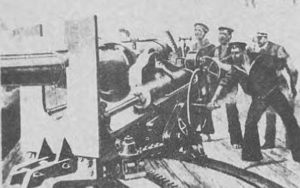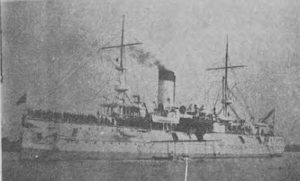- Author
- Swan, W.M., Lietutenant Commander, RAN
- Subjects
- Naval Intelligence
- Tags
-
- RAN Ships
- None noted.
- Publication
- December 1974 edition of the Naval Historical Review (all rights reserved)
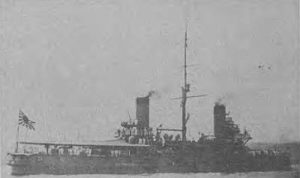
It is only natural that the Japanese succumbed to a feeling of complacent pride after their defeat of Russia in the Far East. They were flattered now by the whole world and, by replacing Russia in Manchuria, Japan joined the company of Western nations in their exploitation of that prostrate giant – China. This impotent country became intelligence target number one, and its first revolutionary movement owed something to Japanese support, for Sun Yat Sen and several of his colleagues received help, and for a time, refuge, in Japan. In this golden age of Japanese intelligence, Stieber’s 40,000 agents pale into insignificance beside the vast secret force of the Mikado in Asia alone.
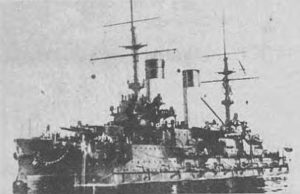
Before we move to the Japanese intelligence assault on the United States, I would like to make several points. The first, and one which helped to save the USA, is a Japanese’s distinctive appearance. He looks like what he is, although often mistaken for Chinese, as was a steward named Shawon in a British Officers’ Mess in Singapore up to October 1941. Therefore, he has great difficulty carrying out intelligence duties in a foreign country. In a Western/white country he must either carry out intelligence operations under diplomatic cover, pretend to be engaged in a legal and harmless vocation, or he must persuade white people to do it for him. Thus his appearance is a liability but, to balance this, the Japanese language is so difficult to learn, and so few Westerners knew it prior to 1939, that it was virtually a code in itself – a safe means of communication. On one occasion in 1941, two Japanese agents exchanged information in Japanese while trying on hats in a Los Angeles hat shop.
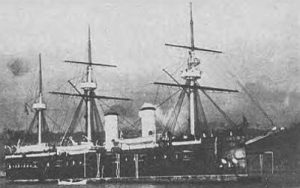
Manchuria became Japanese intelligence target number one until they set up the puppet state of Manchukuo there in 1932, under the last Manchu Emperor Pu-Yi, who had been given refuge in Japan. Pu-Yi, incidentally, unwillingly assumed this role. He is now a good purged citizen of Communist China.
